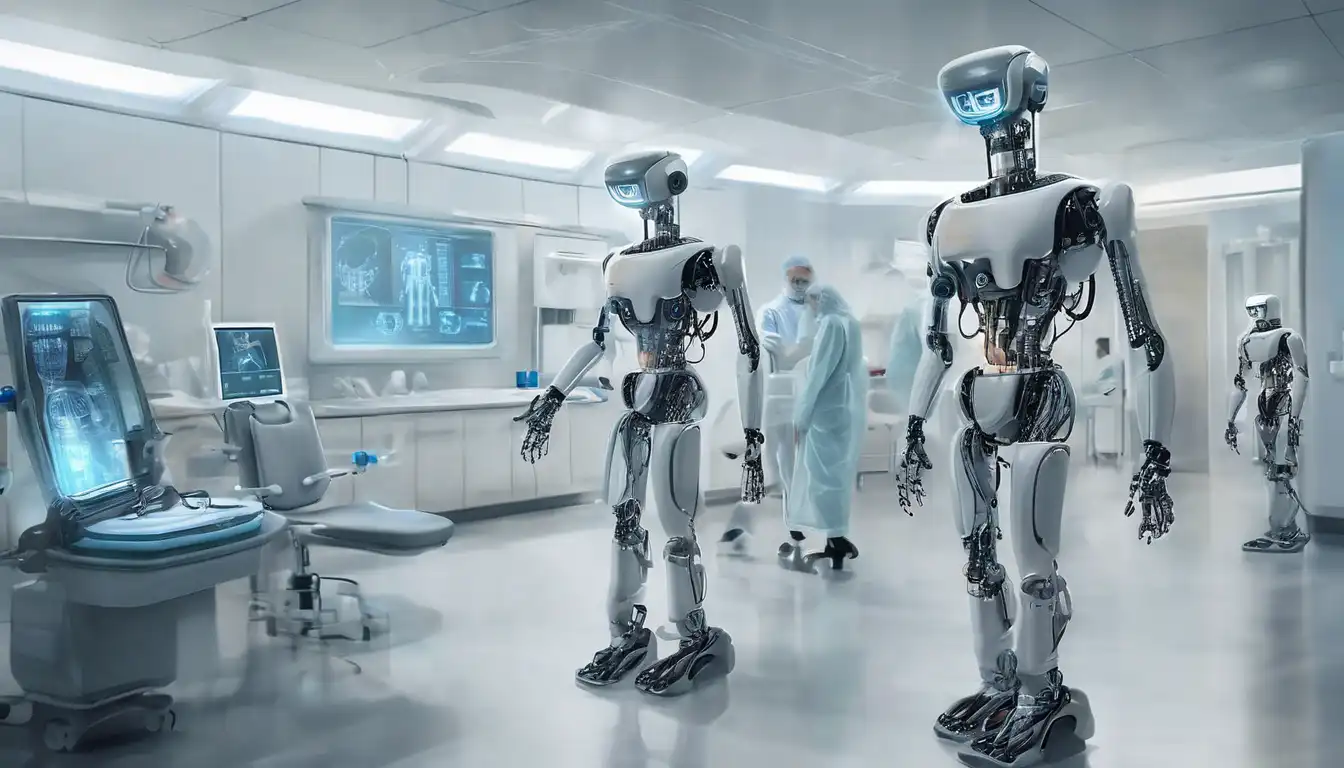The Next Era of Robotics in Healthcare
The integration of robotics into healthcare is transforming patient care, surgical procedures, and rehabilitation processes. This technological revolution is not just about automation; it's about enhancing precision, efficiency, and outcomes in medical treatments. As we look towards the future, the potential for robotics in healthcare seems boundless, promising to redefine the standards of care and accessibility.
Transforming Surgical Procedures
Robotic surgery has become a cornerstone of modern medical practices, offering unparalleled precision and control. Systems like the da Vinci Surgical System allow surgeons to perform complex procedures with minimal invasiveness, reducing recovery times and improving patient outcomes. The future promises even more advanced systems, capable of performing surgeries with greater autonomy and precision.
Enhancing Patient Rehabilitation
Robotics is also making significant strides in patient rehabilitation. Exoskeletons and robotic limbs are providing new hope for individuals with mobility impairments, enabling them to regain independence. These technologies are not only improving quality of life but are also reducing the long-term costs associated with rehabilitation and care.
Automating Routine Tasks
Beyond direct patient care, robotics is automating routine tasks within healthcare facilities. From dispensing medication to sterilizing equipment, robots are increasing efficiency and reducing the risk of human error. This automation allows healthcare professionals to focus more on patient care and less on administrative tasks.
The Role of AI in Robotics
Artificial intelligence (AI) is a driving force behind the advancements in healthcare robotics. AI algorithms enable robots to learn from data, improve their performance over time, and make informed decisions. This synergy between AI and robotics is paving the way for personalized medicine, where treatments are tailored to the individual needs of each patient.
Challenges and Considerations
Despite the promising future, the integration of robotics into healthcare faces challenges. These include high costs, ethical considerations, and the need for robust regulatory frameworks. Addressing these challenges is essential to ensure that the benefits of robotics are accessible to all segments of the population.
The future of robotics in healthcare is bright, with the potential to revolutionize every aspect of patient care. As technology continues to evolve, so too will the capabilities of healthcare robotics, offering new possibilities for treatment, rehabilitation, and care. The journey towards this future is an exciting one, filled with opportunities to improve lives and redefine healthcare.
